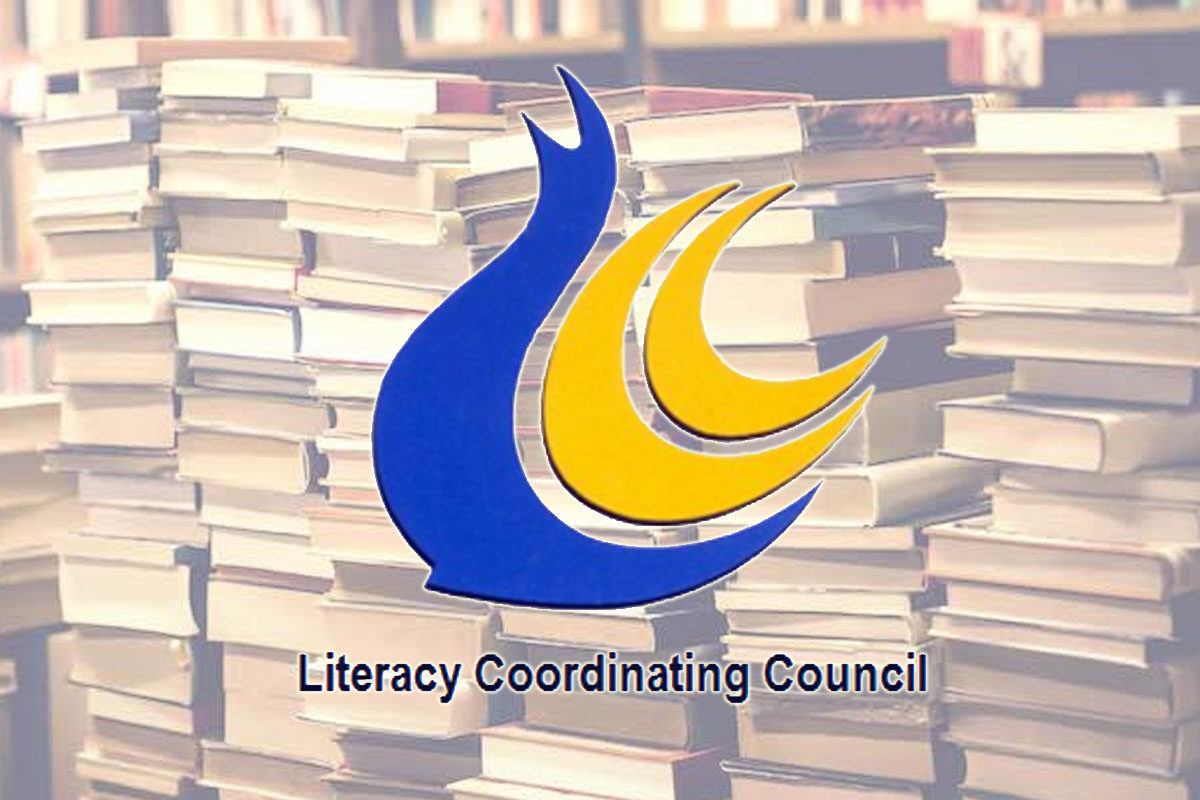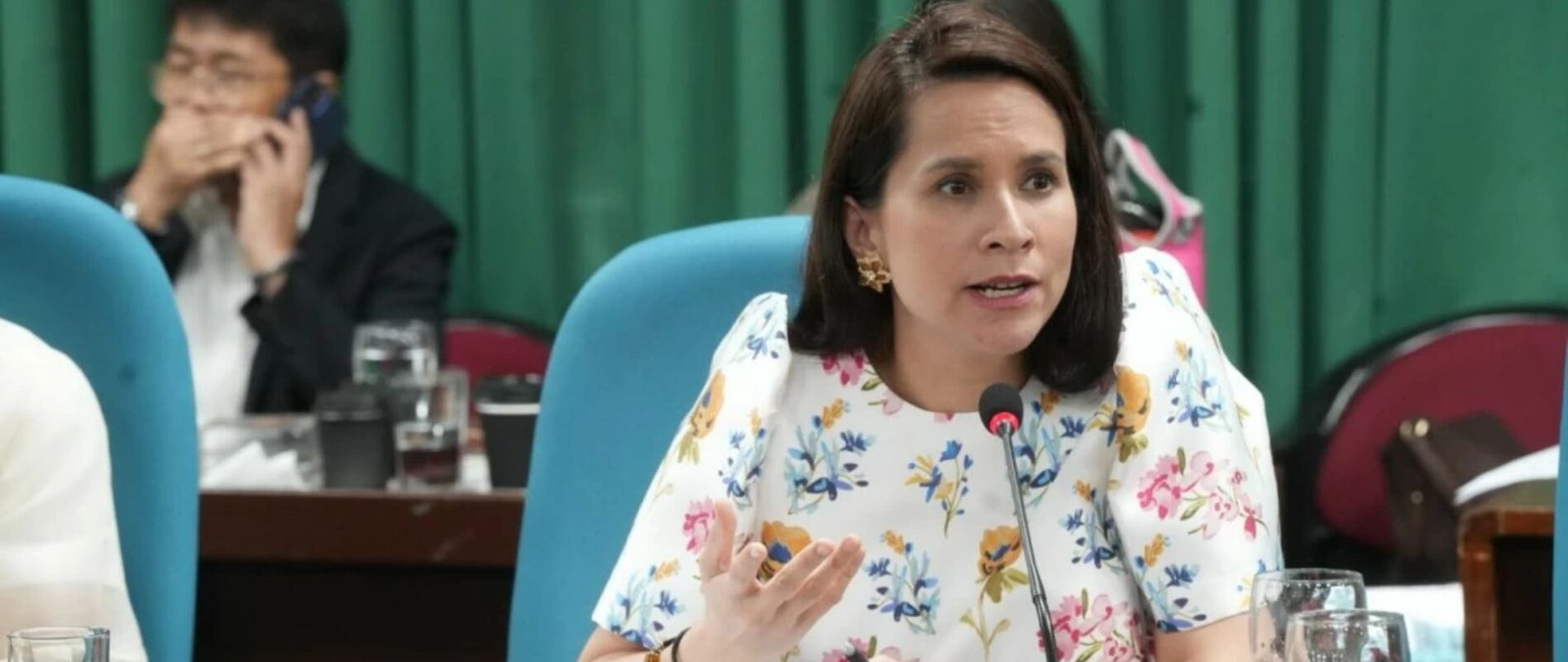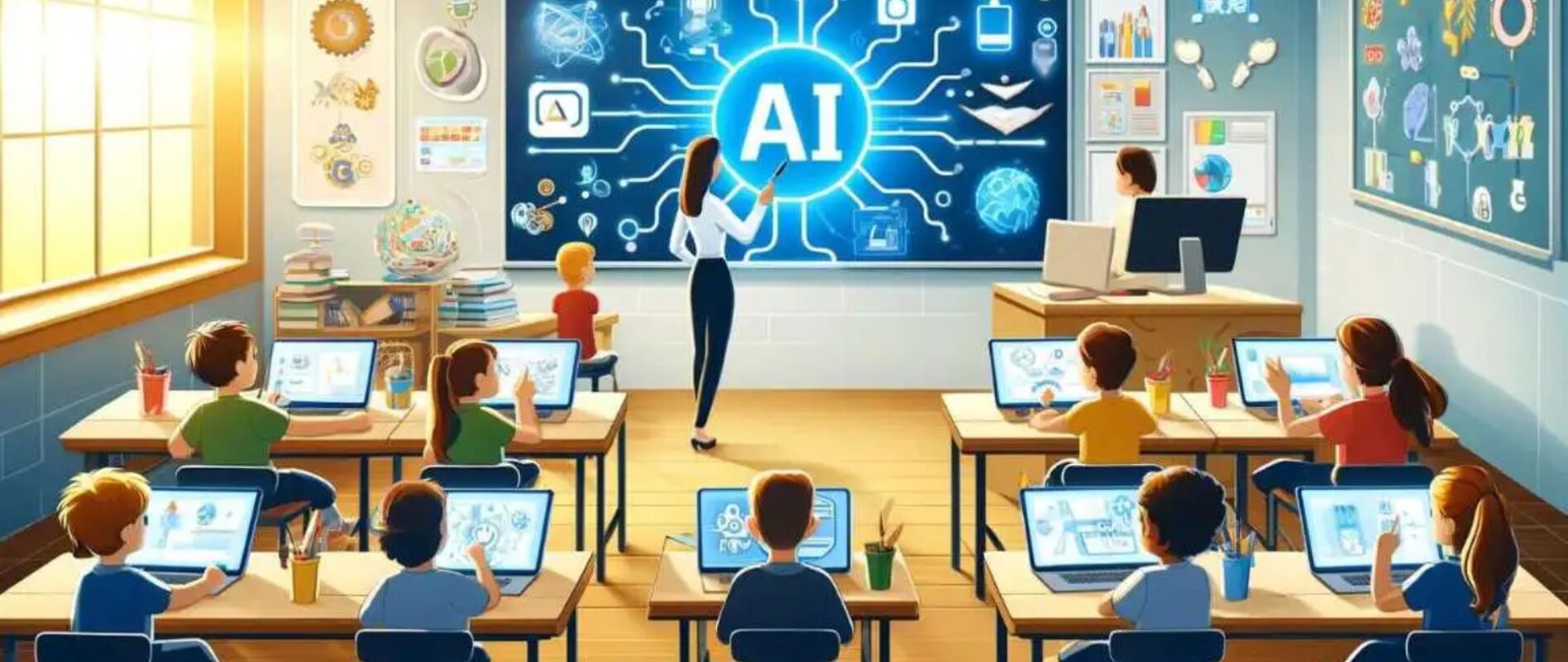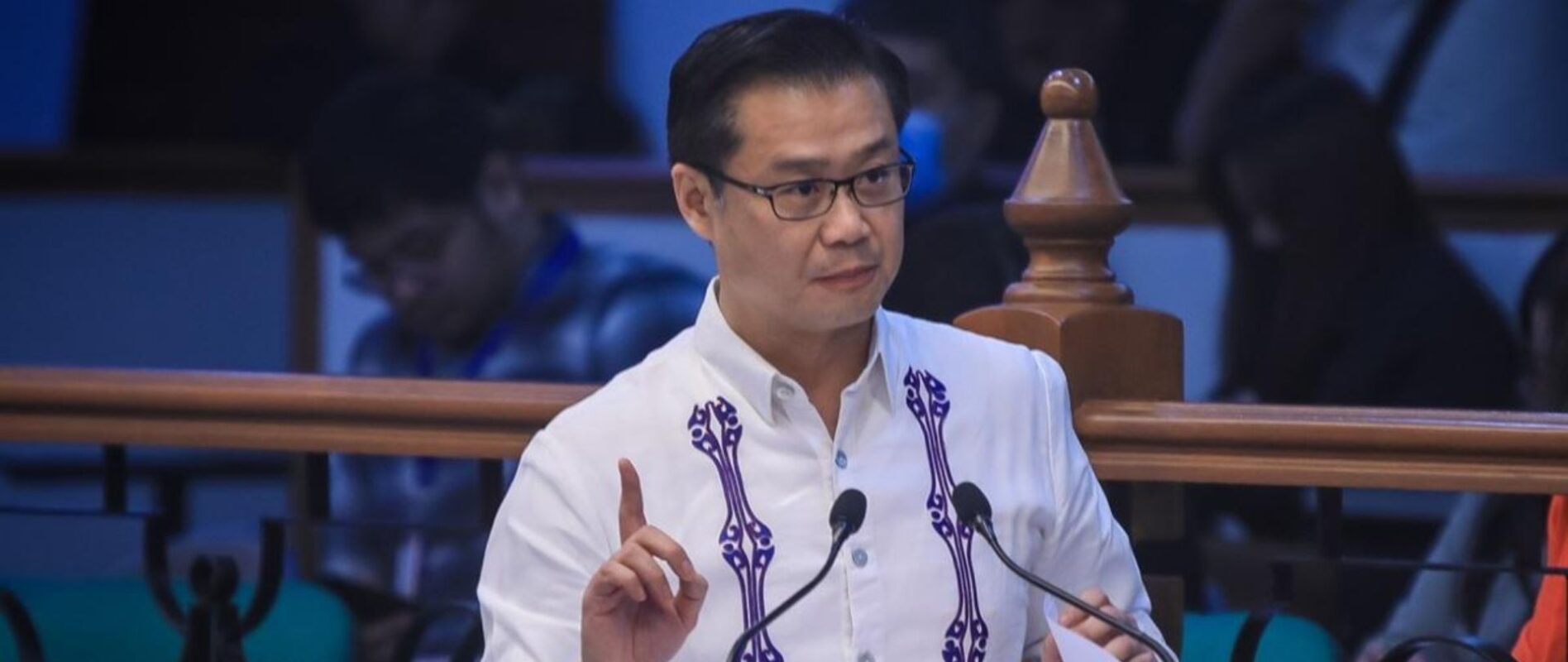LCC LAUNCHES NATIONAL LITERACY INFO SYSTEM
THE LITERACY Coordinating Council urged government and non-government agencies, literacy champions, and other stakeholders to utilize and contribute to the newly developed database on literacy.
During the conduct of the 147th LCC Meeting, the Council issued Resolution No. 02, s. 2021 entitled “Adoption of the National Literacy Information System Database, including its utilization, publication, and maintenance in the official Literacy Coordinating Council Website.”
The resolution urged the Department of Education, the LCC member agencies including the Department of the Interior and Local Government, Alternative Learning System, local government units, nongovernment organizations, and other literacy partners to advocate and promote the utilization of the NLIS database and contribute as well to the provision of pertinent literacy data and information needed for its enhancement and expansion.
“One of LCC’s strategies in advocating a universalized literacy in the country is through the utilization of digital platforms, application of a continuous process of development and enhancement of a national inter-agency database that will not only address the gaps of service delivery, especially the literacy efforts and implementation of literacy programs and projects at the community level, but also to disseminate a nationwide campaign for digital literacy, which will also complement efforts to provide opportunities for lifelong learning and 21st century skills development among all Filipinos,” LCC Chairperson and DepEd Undersecretary Diosdado San Antonio said.
The resolution also provides for the adoption of the NLIS database as the official and primary database management system of LCC to support its literacy endeavors, as well as synchronize and strengthen policies and efforts toward the universalization of literacy in the country.
The NLIS contains 11 modules which include databases on Literacy Laws and Policies, Research on Literacy, Literacy Survey, Basic Education, National Literacy Conference, National Literacy Awards, Community-Based Literacy Programs, Literacy Partners, Best Practices in Literacy, Resources, and the LCC Secretariat.
Users will not only be able to utilize the database, but they can also provide and contribute relevant data and information which may be beneficial for policy formulation and literacy program development and management at all governance levels.
“Through this digital literacy initiative, partnerships and linkages between and among different literacy stakeholders can also be strengthened, which will result to improved literacy program interventions, not only at the national but also down to the grassroots level,” San Antonio said.














